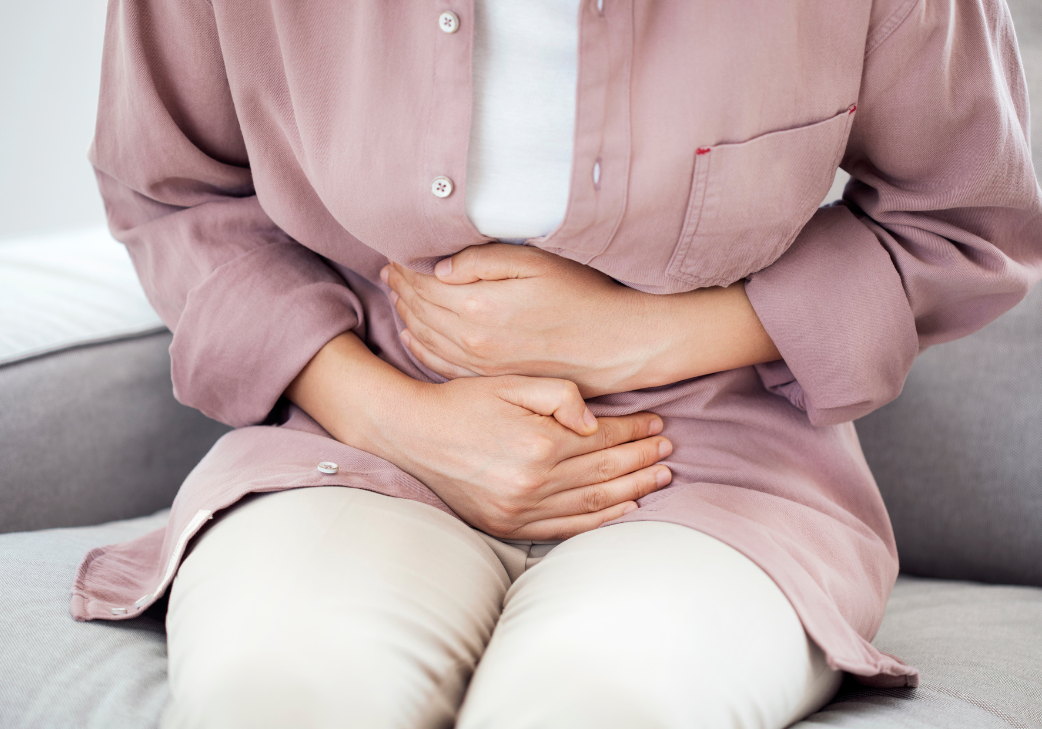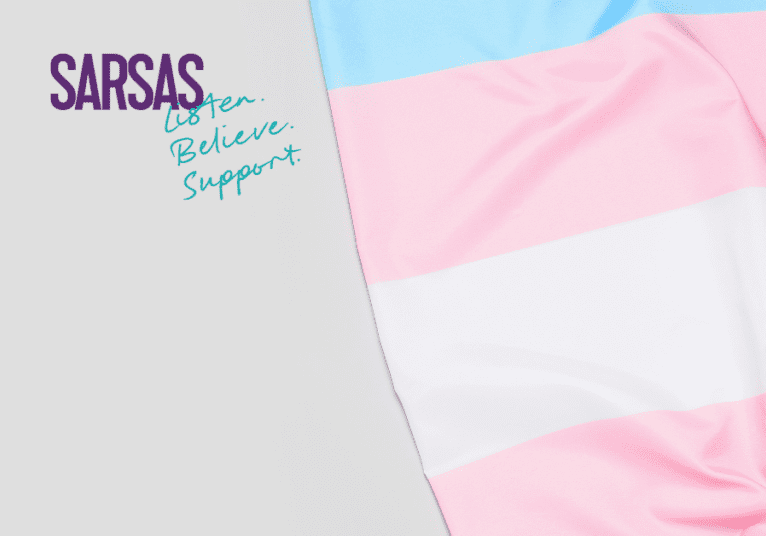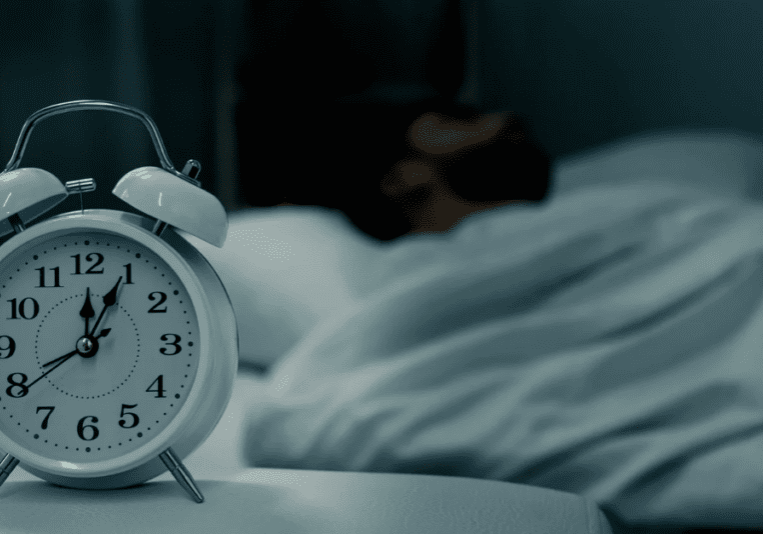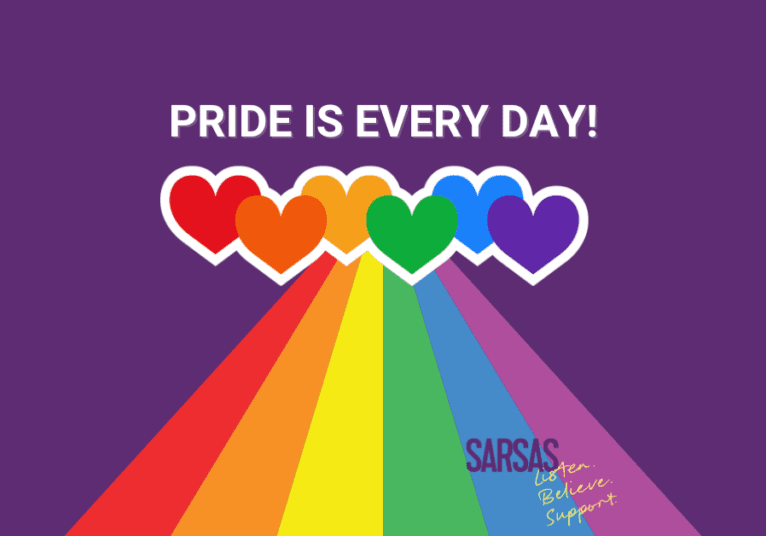
The impact of trauma and menstruation
One of our great trauma counsellors writes about how the menstrual cycle can be harder to care for, for those who experience sexual abuse and body trauma. This can be true for all vaginal care needs and can cause a disconnect from the vagina to the body as a whole.
In my work with people affected by rape and sexual abuse, I often have conversations with clients about how difficult they find periods. One of the reasons periods can be more difficult after sexual abuse is that the methods of monthly self-care and management that you’re used to may no longer work for you. For some the blood, cramps and their vagina needing any attention can be triggering, because their coping mechanism involves completely disconnecting from their vagina. However, periods demand care and attention is paid to that part of the body. For others, tampons were their product of choice but since the abuse they can not bear to have anything inside their vagina as it triggers flashbacks.
Another concern for some is the hormonal changes that occur just before periods which can increase flashbacks and suicidal ideation. This cyclic dip in mental health during a period is quite common with those who have experienced sexual abuse and puts them at increased risk of developing Pre-Menstrual Stress (PMS). This time of the month can be even more sensitive and triggering for someone where the abuse occurred while they were on their period. Caring for your body’s needs during a period can be hard if you are feeling that your vagina is shameful and gross or you resent your body for not being strong enough to protect you when the abuse happened. This can make your body feel unsafe.
What can you do?
A practical thing that can help during periods is to try using less intrusive methods to manage the bleeding, period pants can be the least obtrusive and most comfortable way to manage periods.
Allow yourself to have slower rhythms and pamper your body during this time: buy your favorite chocolate, eat some soul food that nourishes you, have long bubble baths or facials to make your body feel special and cared for.
The increased emotional volatility during periods can cause a lot of mistrust of self during this time, creating fears that you’re being irrational, that you might bite someone’s head off or cry for no reason and just wanting the world to leave you alone. Many feel more emotionally vulnerable during periods. Something that helped me embrace this emotional vulnerability was to imagine that my period had a personality, I called her Red. What bothered Red in a situation was not irrational but was usually coming from her being kick-ass and protective about the things that upset me. Red was not scary anymore but assertive and more willing to confront issues I tend to avoid and let slide, she is also less willing to pretend she is comfortable with people and situations than I am and less willing to stuff things down. I began to recognise the wisdom of Red’s visit, as a time to slow down, look after myself and deal with and release some of the pent-up emotions I tend to ignore or run from with being busy. I started looking forward to my monthly visits as a time of deeper honesty with self and connection to my body.
It seems to me that we actually need these Red visits, often we spend our days as emotional sponges, soaking up the emotions of those we love and caring for and nurturing others, and this is a time that demands we stop and nurture ourselves.
If you are struggling with the impact of trauma and menstruation, you are not alone. Be kind to yourself. I encourage you to be open with those you trust and with your GP if you need support around managing your menstrual cycle.
A SARSAS Counsellor
If you need support, you can find out more about our services here.
The latest from our news and blogs

Trans, Non-Binary, and Intersex (TNBI) Support Group
Coming together in a confidential space to support each other and identify ways to move forward after rape & sexual abuse.




